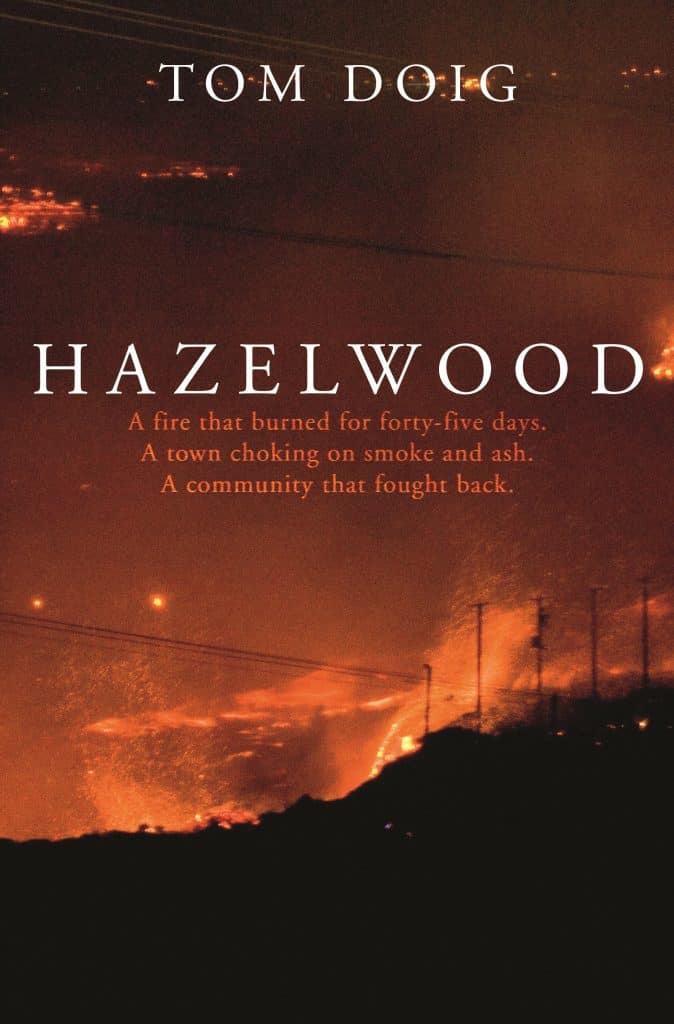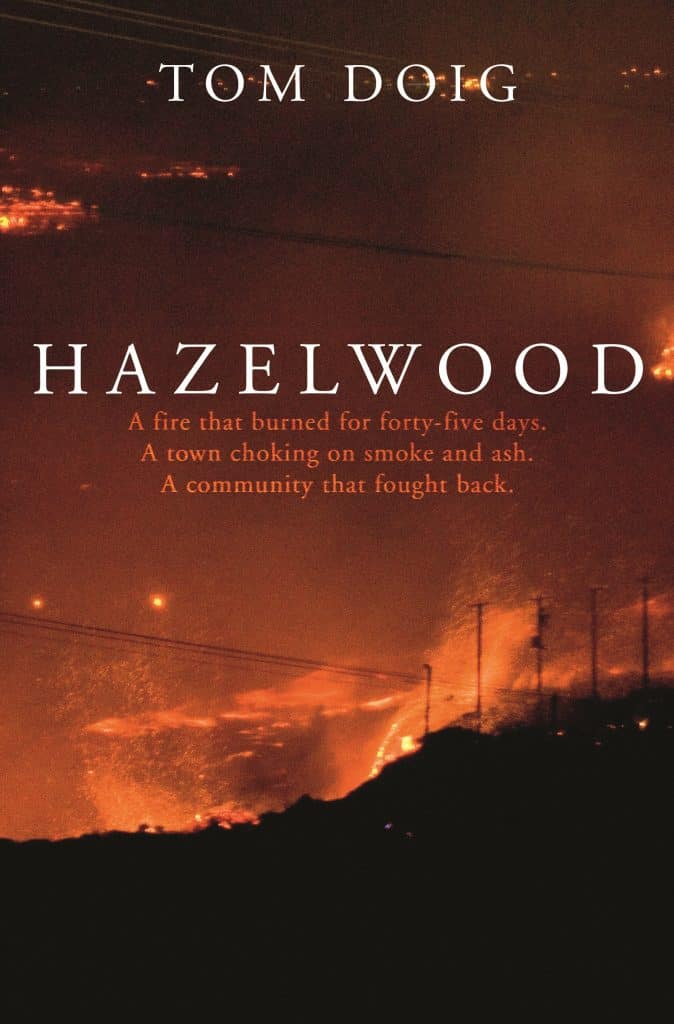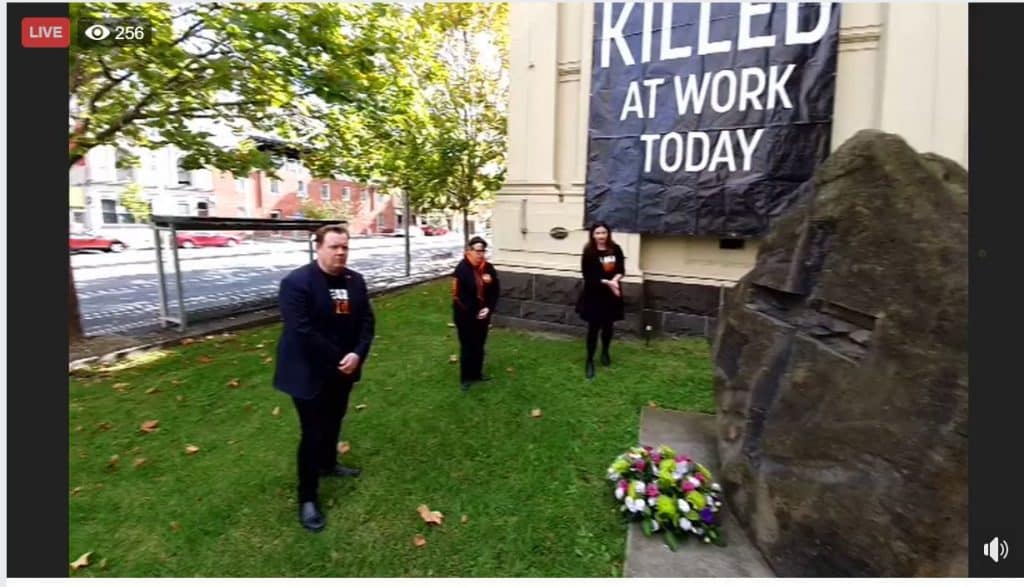Guest Post by Melody Kemp
In my more bizarre moments, I can imagine the cockpit conversation:
‘Hey Bill, there’s the blue and white house. We turn left here’
‘Bob, Copy. Over.’
Of course, it’s nonsense to think that the complexities of aircraft take-offs and landings would depend on visual cues, rather than complex technology, weather and fuel economy. In fact, it’s the very technology that allows communities to track and identify aircraft and the noise level as they pass overhead.
But I have to admit that, particularly at night, when I see the queue of aircraft waiting to approach, their starboard and port lights blazing into our living room, it’s hard not to go out and shake an impotent fist at the crew.
As I completed this third paragraph, a Jetstar plane flew overhead. I measured the roar at 76DbA, another app told me it was slightly less than 1000 feet above my roof. As it continues to descend, it passes over the densely populated parts of the city that follow the Brisbane River, including New Farm and Doomben, well known to race goers. What was that old saying about don’t scare the horses?
I work at home. My concentration and the paragraphs I write, come in lumps divided by the passing of planes. Some, like the Flying Doctor prop-jets, make, in objective terms, little noise (around 58dBA), but if one is sensitised to the noise in general, they become yet another psychological hazard. Evidence for aircraft noise exposure being linked to poorer well-being, lower quality of life, and psychological ill health is reflected by the responses to my questions and Facebook comments posted by concerned residents (some are included below)
Continue reading “Noisy Buggers in the Post-COVID world”





